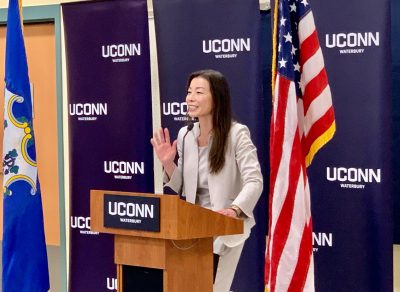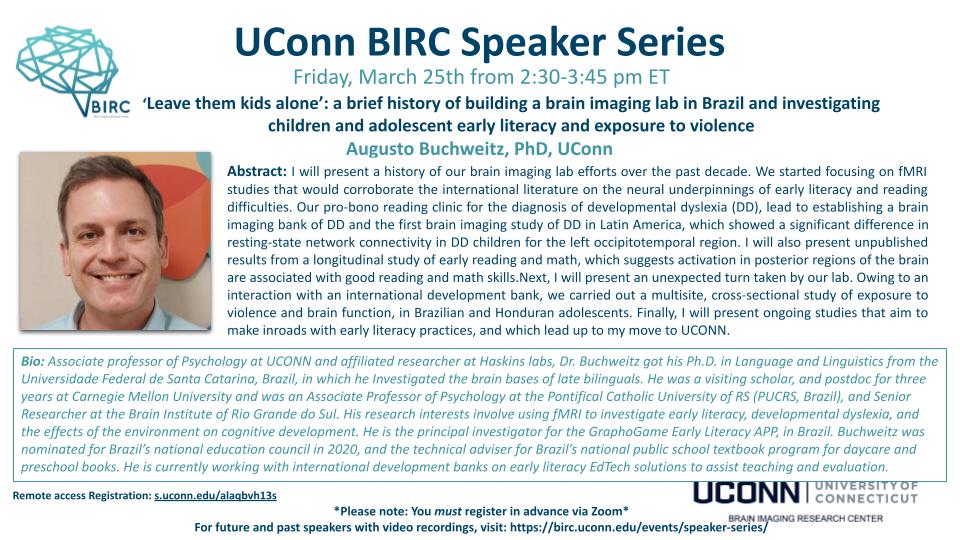How to Utilize the MRI Wait List option
Short-notice cancellations
Effective immediately, if you have a reservation that cancels within 24 hours of the reservation start time but you are able to find another lab to take that slot, you will not be charged. (Please note you will "own" that spot until Elisa is notified about the change.) To help facilitate this process, we have created a listserv available to all schedulers to communicate any questions, availabilities, or requests. Please let Elisa know if you would like to be added to birc_mri_schedulers-l@listserv.uconn.edu
Please remember that it is the responsibility of the investigator or the person responsible for scheduling participants to monitor their own reservations. All schedulers will now receive an automated email from BIRC Scheduler confirming the MRI reservation as soon as it is approved. All reservations made during available hours (slots are open and available to schedule, including weekends) will automatically be approved and can be confirmed with your participants prior to receiving the confirmation email.

